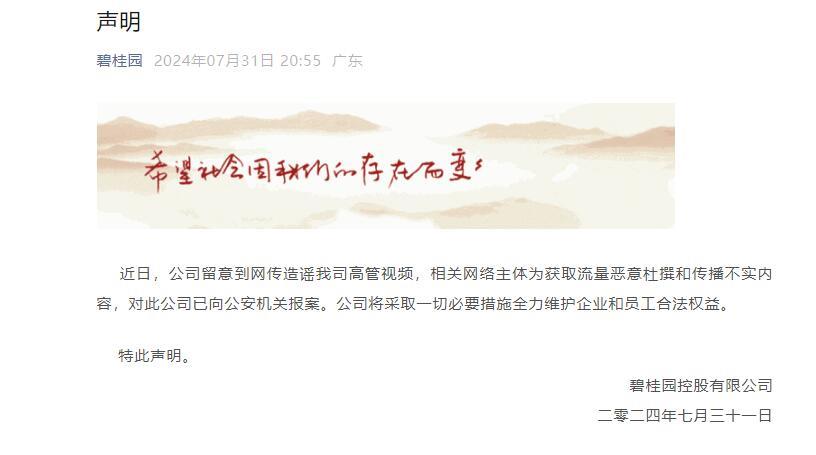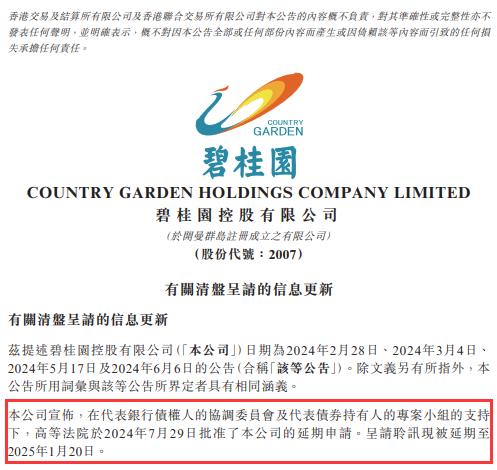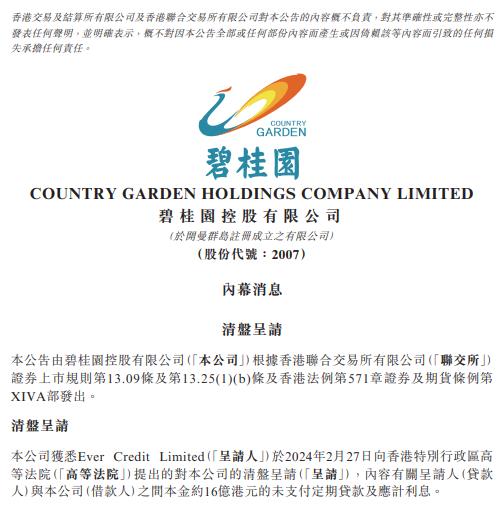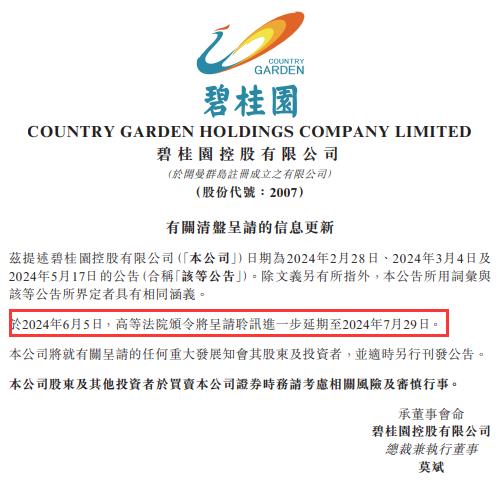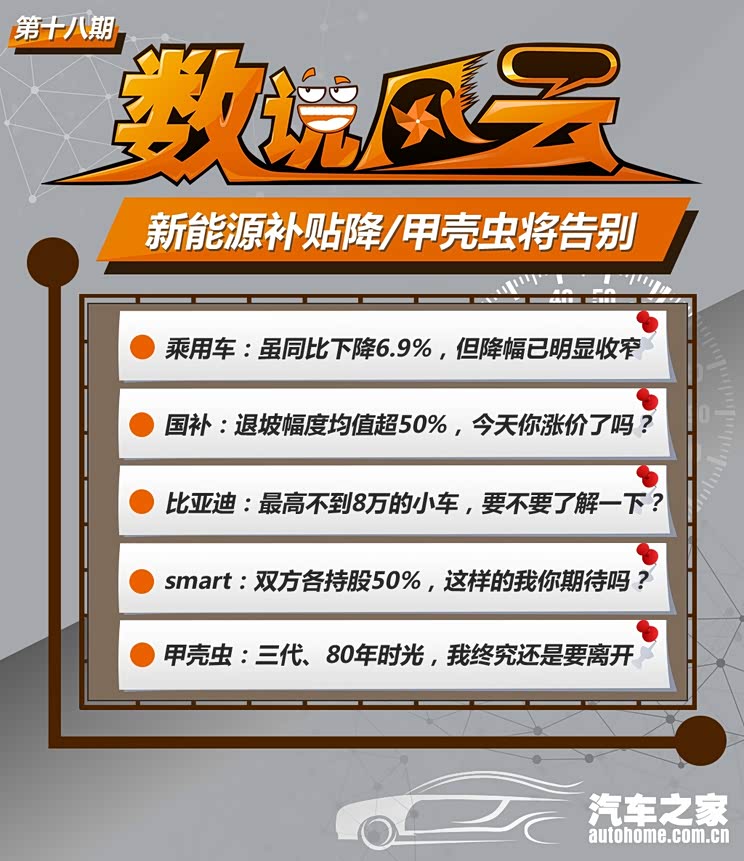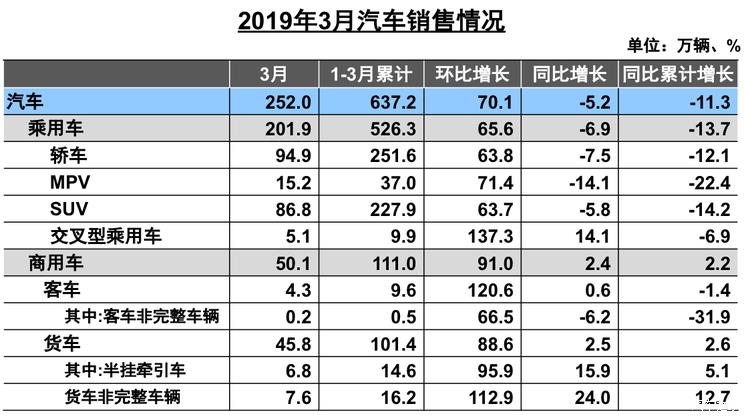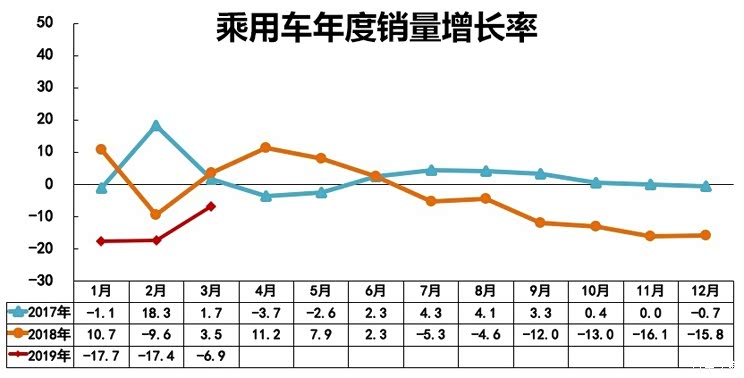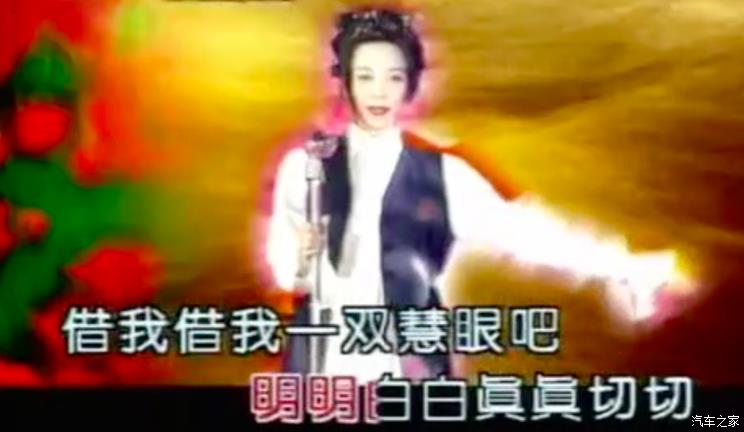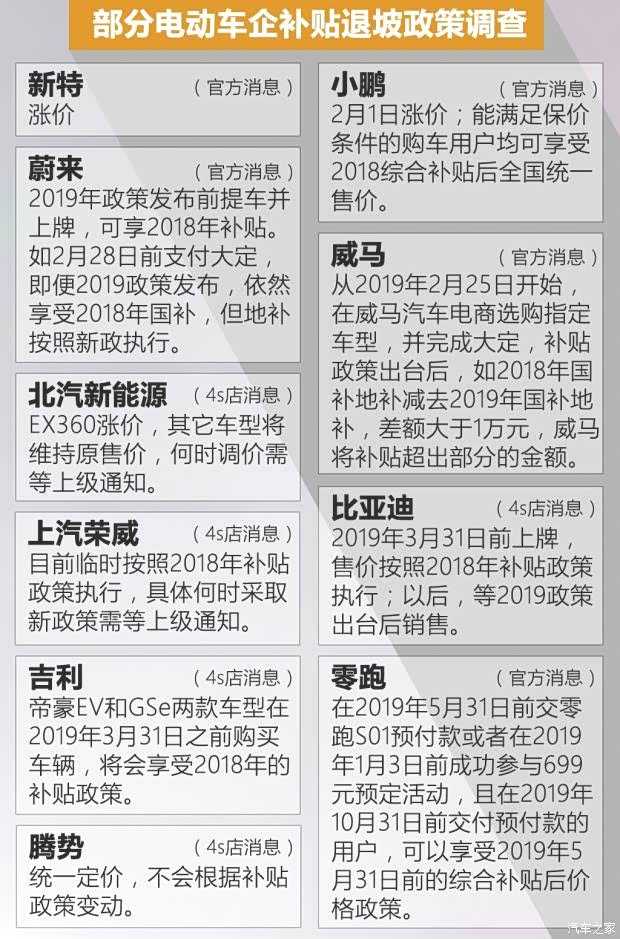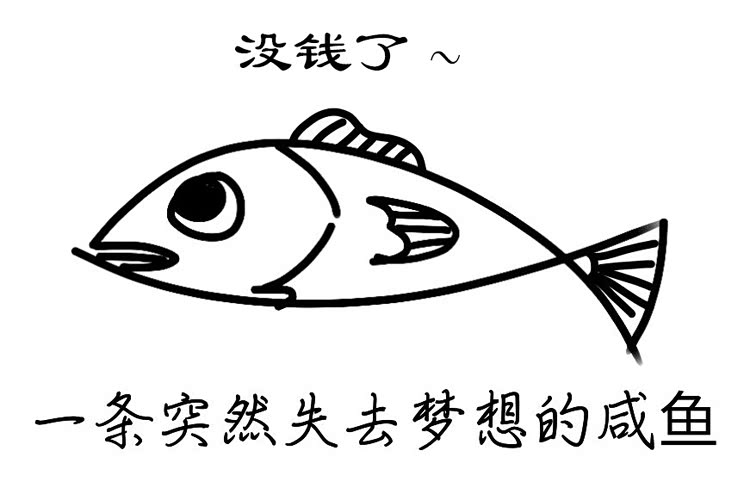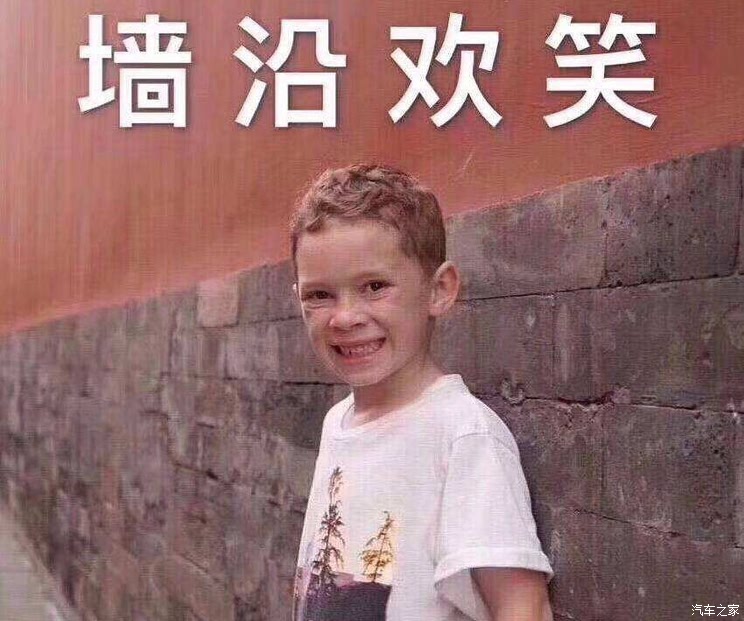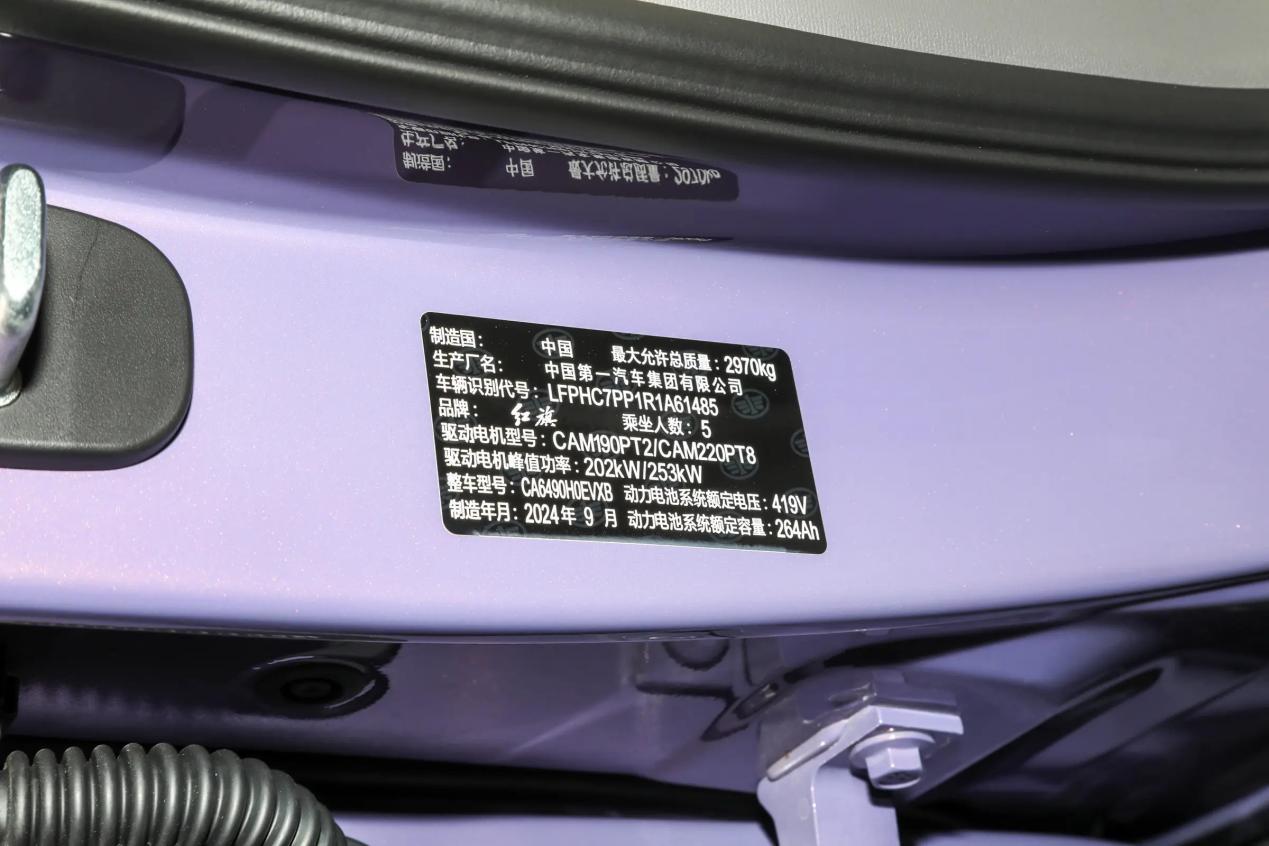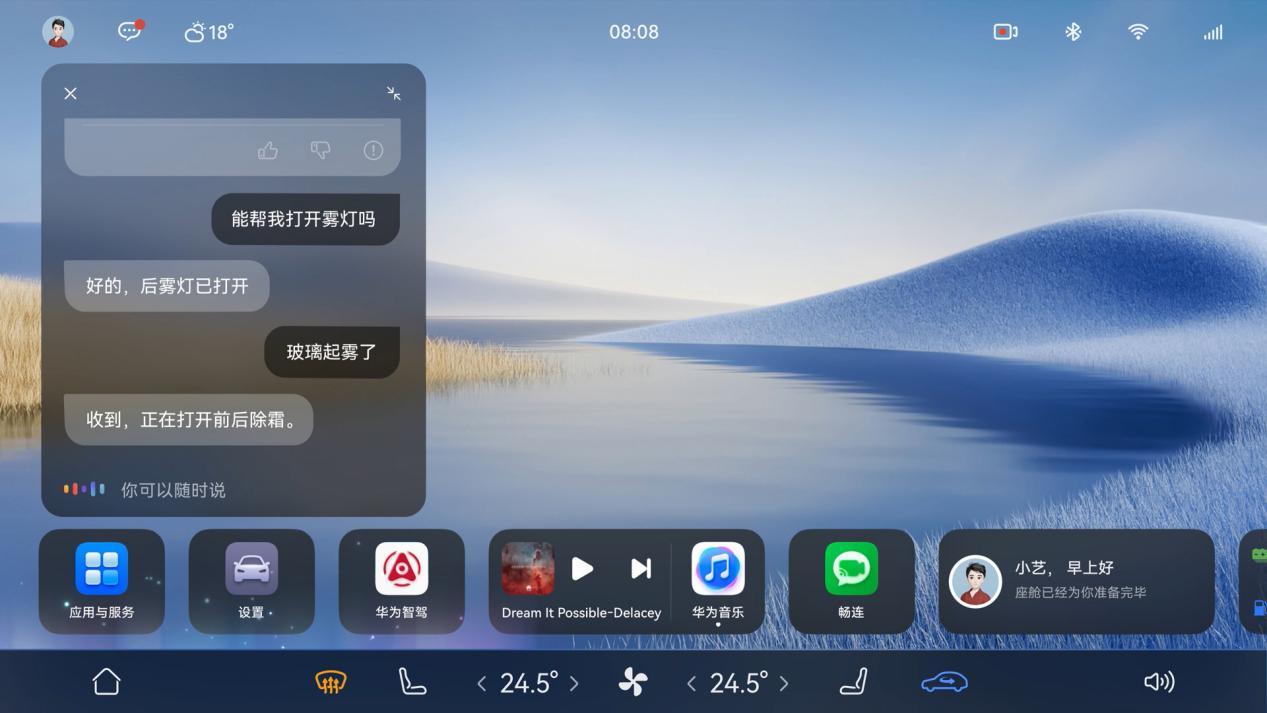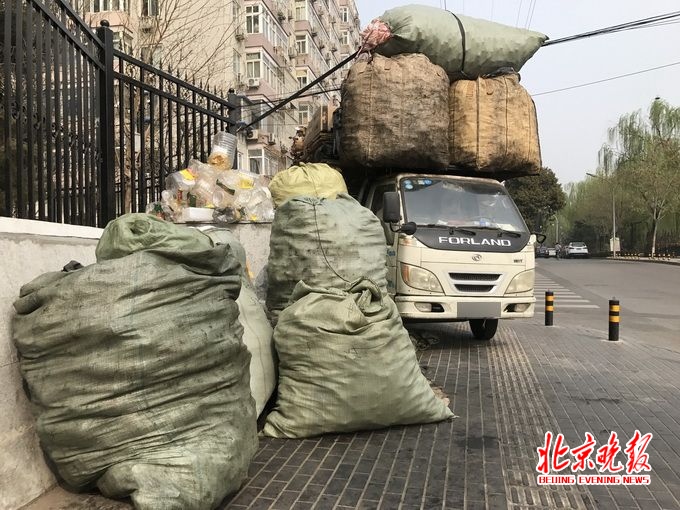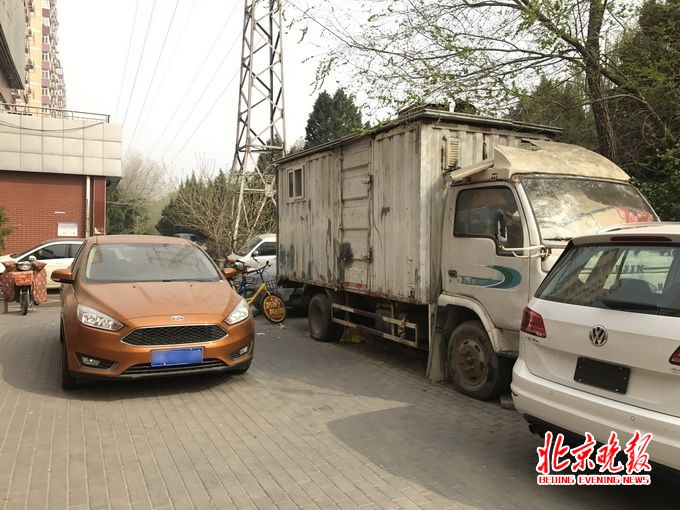"Several Provisions of the Supreme People’s Court on Evidence in Intellectual Property Civil Litigation" was adopted at the 1815th meeting of the Judicial Committee of the Supreme People’s Court on November 9, 2020, and is hereby promulgated and shall come into force as of November 18, 2020.
the Supreme People’s Court
November 16, 2020
Fa Shi [2020] No.12
the Supreme People’s Court
Some provisions on evidence in civil litigation of intellectual property rights
(the Supreme People’s Court Judicial Committee on November 9, 2020
Adopted at the 1815th meeting and shall come into force on November 18, 2020)
In order to protect and facilitate the parties to exercise their litigation rights in accordance with the law and ensure that the people’s courts hear intellectual property civil cases fairly and promptly, these Provisions are formulated in accordance with the Civil Procedure Law of People’s Republic of China (PRC) and other relevant laws and regulations, and in combination with the actual situation of intellectual property civil trials.
Article 1 The parties to intellectual property civil litigation shall follow the principle of good faith and provide evidence actively, comprehensively, correctly and honestly in accordance with the provisions of laws and judicial interpretations.
Article 2 The parties shall provide evidence to prove their claims. According to the trial of the case, the people’s court may apply the provisions of the second paragraph of Article 65 of the Civil Procedure Law, and require the parties to provide relevant evidence according to the claims of the parties, the facts to be proved, the evidence holdings of the parties, and the ability to provide evidence.
Article 3 If the product manufactured by the patented method is not a new product, the plaintiff in the patent infringement dispute shall provide evidence to prove the following facts:
(1) The product manufactured by the defendant belongs to the same product as the product manufactured by the patented method;
(2) The products manufactured by the defendant are more likely to be manufactured by patented methods;
(3) The plaintiff made reasonable efforts to prove that the defendant used the patented method.
After the plaintiff completes the proof mentioned in the preceding paragraph, the people’s court may require the defendant to prove that the manufacturing method of its products is different from the patented method.
Article 4 If the defendant claims a defense from a legal source according to law, he shall provide evidence to prove the fact that the accused infringing product or copy was legally obtained, including legal purchase channels, reasonable prices and direct suppliers.
If the source evidence provided by the defendant for the alleged infringing product or copy is equivalent to its reasonable care obligation, it may be deemed that the defendant has completed the proof mentioned in the preceding paragraph, and it is presumed that he did not know that the alleged infringing product or copy infringed intellectual property rights. The defendant’s business scale, professional level and market trading habits can be used as evidence to determine his reasonable duty of care.
Article 5 The plaintiff who brings a lawsuit to confirm non-infringement of intellectual property rights shall provide evidence to prove the following facts:
(a) the defendant issued an infringement warning to the plaintiff or filed an infringement complaint against the plaintiff;
(two) the plaintiff to the defendant to exercise the right to appeal and the time and time of delivery;
(3) The defendant fails to bring a lawsuit within a reasonable time.
Article 6 The parties need not prove the basic facts identified by the administrative act that fails to bring an administrative lawsuit within the statutory time limit, or the part of the basic facts identified by the administrative act that has been confirmed by the effective judgment, unless there is evidence to the contrary that can be overturned.
Article 7 In order to discover or prove the infringement of intellectual property rights, the physical objects and bills obtained by the obligee from the accused infringer by himself or by entrusting others to buy infringing articles in the name of ordinary buyers can be used as evidence to sue the accused infringer for infringement.
The evidence formed by the accused infringer’s infringement of intellectual property rights based on other people’s behavior can be used as evidence for the obligee to sue him for infringement, except that the accused infringer commits infringement of intellectual property rights only based on the obligee’s evidence collection behavior.
Article 8 The people’s court shall not support the following evidence formed outside the territory of People’s Republic of China (PRC), if the parties raise objections only on the grounds that the evidence has not gone through notarization, authentication and other certification procedures:
(1) It has been confirmed by a legally effective judgment of the people’s court;
(2) It has been confirmed by the effective award of the arbitration institution;
(3) Public publications and patent documents that can be obtained from official or public channels;
(four) there are other evidence to prove the authenticity.
Article 9 The people’s court shall not support the evidence formed outside the territory of People’s Republic of China (PRC) if one of the following circumstances exists, and the parties only raise objections on the grounds that the evidence has not gone through the certification procedures:
(1) The objecting party explicitly recognizes the authenticity of the evidence;
(2) The other party provides witness testimony to confirm the authenticity of the evidence, and the witness clearly indicates that he is willing to accept punishment for perjury.
If the witness perjury mentioned in the second paragraph of the preceding paragraph constitutes the situation stipulated in Article 111 of the Civil Procedure Law, the people’s court shall deal with it according to law.
Article 10 If the notarization, authentication or other certification procedures of the power of attorney have been completed in the procedure of first instance in accordance with the provisions of Articles 59 and 264 of the Civil Procedure Law, the people’s court may not require the above certification procedures of the power of attorney in the subsequent proceedings.
Article 11 The people’s court shall examine the application for evidence preservation by the parties or interested parties in combination with the following factors:
(a) whether the applicant has provided preliminary evidence for his claim;
(two) whether the evidence can be collected by the applicant;
(three) the possibility of evidence being lost or difficult to obtain in the future and its influence on proving the facts to be proved;
(4) The influence of possible preservation measures on the evidence holders.
Article 12 In preserving evidence, the people’s court shall limit itself to effectively fixing the evidence, and minimize the damage to the value of the preserved subject matter and the impact on the normal production and operation of the evidence holder.
Where the preservation of evidence involves technical schemes, preservation measures such as making on-site inspection records, drawing, taking photos, recording, video recording, copying design and production drawings can be taken.
Article 13 If a party refuses to cooperate or hinders the preservation of evidence without justifiable reasons, resulting in the inability to preserve evidence, the people’s court may determine that it shall bear the adverse consequences. The people’s court shall handle the case in accordance with the law if it constitutes the situation stipulated in Article 111th of the Civil Procedure Law.
Article 14 For the evidence for which the people’s court has taken preservation measures, the people’s court may determine that the parties will bear the adverse consequences if they disassemble the physical evidence, tamper with the evidence materials or commit other acts of destroying the evidence without authorization, thus making the evidence unusable. The people’s court shall handle the case in accordance with the law if it constitutes the situation stipulated in Article 111th of the Civil Procedure Law.
Article 15 When conducting evidence preservation, the people’s court may require the parties or agents ad litem to be present, and when necessary, it may notify people with specialized knowledge to be present at the request of the parties, or may assign technical investigators to participate in evidence preservation.
If the evidence is held by an outsider, the people’s court may take preservation measures for the evidence it holds.
Article 16 When preserving evidence, the people’s court shall make a record and a list of preserved evidence, recording the time and place of preservation, the executor, the person present, the preservation process and the state of the preserved subject matter, which shall be signed or sealed by the executor and the person present. If the relevant personnel refuse to sign or seal, the effectiveness of preservation will not be affected, and the people’s court may record it in the record and take photos and videos.
Article 17 If the respondent objects to the scope, measures and necessity of evidence preservation and provides relevant evidence, the people’s court may change, terminate or terminate the evidence preservation if it finds that the objection is justified after examination.
Article 18 If the applicant renounces the use of the preserved evidence, but the preserved evidence involves the investigation of the basic facts of the case or other parties advocate the use, the people’s court may examine and determine the evidence.
Article 19 The people’s court may entrust an expert appraisal to the following specialized issues of the facts to be proved:
(1) Similarities and differences in means, functions and effects between the technical scheme of the alleged infringement and the corresponding technical features of the patented technical scheme and the existing technology;
(2) Similarities and differences between the works accused of infringement and the works claiming rights;
(3) Similarities and differences between the commercial secrets advocated by the parties and the information in their fields that has been known to the public, and the similarities and differences between the information accused of infringement and the commercial secrets;
(four) the similarities and differences between the accused infringer and the authorized variety in terms of characteristics and characteristics, and whether the differences are caused by non-genetic variation;
(5) Similarities and differences between the layout design of the infringed integrated circuit and the layout design of the protected integrated circuit;
(six) whether there are defects in the technology involved in the contract;
(seven) the authenticity and integrity of electronic data;
(eight) other specialized issues that need to be entrusted for appraisal.
Article 20 With the permission of the people’s court or the consent of both parties, the appraiser may entrust some testing matters involved in the appraisal to other testing institutions for testing, and the appraiser shall bear legal responsibility for the appraisal opinions issued according to the testing results.
Article 21 If the unified registration management system for appraisers and appraisal institutions is not implemented in the appraisal business field, the people’s court may determine the professional institutions and professionals with corresponding technical level for appraisal according to the appraiser selection procedures stipulated in Article 32 of the the Supreme People’s Court Provisions on Evidence in Civil Proceedings.
Article 22 The people’s court shall listen to the opinions of all parties and determine the scope of appraisal in combination with the evidence presented by the parties. In the process of appraisal, if one party applies to change the scope of appraisal, and the other party has no objection, the people’s court may allow it.
Article 23 The people’s court shall examine the expert opinions in combination with the following factors:
(a) whether the appraiser has the corresponding qualifications;
(two) whether the appraiser has the knowledge, experience and skills to solve the relevant specialized problems;
(3) Whether the appraisal methods and procedures are standardized and whether the technical means are reliable;
(four) whether the materials submitted for inspection have been cross-examined by the parties and meet the appraisal conditions;
(5) Whether the basis of the appraisal opinion is sufficient;
(six) whether the appraiser has any legal reasons that should be avoided;
(seven) whether the appraiser engages in malpractices for personal gain or other circumstances that affect the impartial appraisal during the appraisal process.
Article 24 The party who bears the burden of proof shall apply in writing to the people’s court to order the other party who controls the evidence to submit evidence. If the application grounds are established, the people’s court shall make a ruling and order it to submit.
Article 25 If a people’s court requires a party to submit relevant evidence according to law, and refuses to submit, submit false evidence, destroy evidence or commit other acts that make the evidence unusable without justifiable reasons, the people’s court may presume that the other party’s claim on the certification matters involved in the evidence is established.
If a party commits the acts listed in the preceding paragraph, which constitutes the circumstances specified in Article 111 of the Civil Procedure Law, the people’s court shall handle it according to law.
Article 26 If the evidence involves commercial secrets or other commercial information that needs to be kept confidential, the people’s court shall require the relevant litigants to sign a confidentiality agreement or make a confidentiality commitment before they come into contact with the evidence, or order them not to disclose, use or allow others to use the confidential information that they have come into contact with in the proceedings for any purpose other than the litigation in this case.
If a party applies to restrict the scope of personnel who have access to the evidence mentioned in the preceding paragraph, the people’s court shall grant it if it deems it necessary after examination.
Twenty-seventh witnesses shall testify in court and accept inquiries from judges and parties.
With the consent of both parties and the permission of the people’s court, if the witness does not appear in court, the people’s court shall organize the parties to cross-examine the testimony of the witness.
Twenty-eighth parties may apply for a person with specialized knowledge to appear in court and give opinions on professional issues. With the permission of the court, the parties may question people with specialized knowledge.
Article 29 If a people’s court appoints a technical investigator to participate in a pre-trial meeting or hearing, the technical investigator may ask the parties, agents ad litem, people with specialized knowledge, witnesses, expert witnesses, inquests, etc. about the technical problems involved in the case.
Article 30 If a party objects to a notarized document and provides evidence to the contrary enough to overturn it, the people’s court will not accept the notarized document.
If the reasons for the parties’ objection to the notarized document are established, the people’s court may require the notarized institution to issue explanations or make corrections, and examine and confirm the notarized document in combination with other relevant evidence.
Article 31 The financial account books, accounting vouchers, sales contracts, import and export documents, annual reports of listed companies, prospectuses, websites or brochures provided by the parties, transaction data stored in the equipment system, commodity circulation data counted by third-party platforms, evaluation reports, intellectual property licensing contracts and records of market supervision, taxation and financial departments can be used as evidence to prove the amount of compensation claimed by the parties for infringement of intellectual property rights.
Article 32 If a party claims to determine the amount of compensation by referring to a reasonable multiple of the license fee for intellectual property rights, the people’s court may examine and determine the license fee evidence by considering the following factors:
(a) whether the license fee is actually paid and the mode of payment, and whether the license contract is actually performed or filed;
(2) The content, mode, scope and duration of the right to license;
(3) Whether there is an interest relationship between the licensee and the licensor;
(four) the usual standards for industry licensing.
Article 33 These Provisions shall come into force as of November 18, 2020. If the relevant judicial interpretations previously issued by our court are inconsistent with these provisions, these provisions shall prevail.

